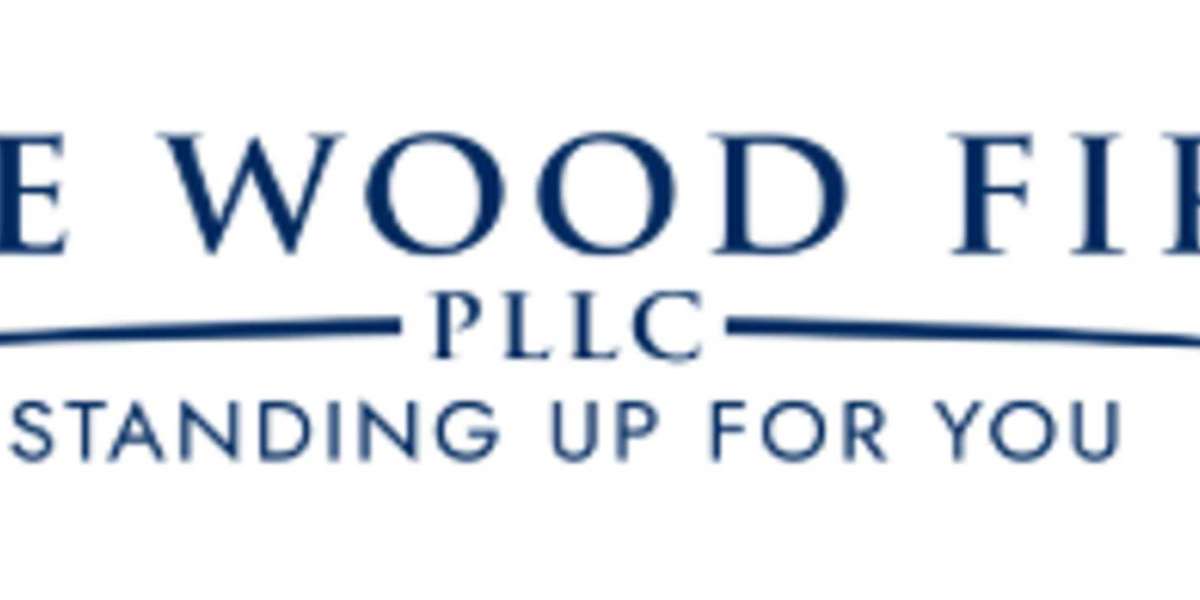In today’s economic landscape, debt is an everyday reality for millions of Americans. Whether it’s student loans, medical bills, or credit card balances, many people find themselves struggling to stay afloat. Unfortunately, when debts go unpaid, collection agencies often step in—and not all of them play by the rules. For countless consumers, this leads to a distressing cycle of unwanted calls, threats, and intimidation. One case that exemplifies this issue is Conserve Debt Collection Harassment, a situation that has opened the public’s eyes to how common and damaging debt collector misconduct can be.
The Growing Problem of Aggressive Debt Collection
Debt collection is a billion-dollar industry, but not all agencies adhere to ethical standards. The Fair Debt Collection Practices Act (FDCPA), enacted in 1977, was designed to protect consumers from abusive tactics. It establishes clear rules, such as when collectors can call, what they can say, and how often they can contact a person. Despite these laws, thousands of complaints are filed each year with the Federal Trade Commission (FTC) and the Consumer Financial Protection Bureau (CFPB) for violations ranging from harassment to outright fraud.
The rise of digital communication has only added complexity. Collectors now use text messages, emails, and social media platforms to reach debtors. While these tools can make communication more convenient, they also make it easier for harassment to slip through unnoticed.
Understanding What Constitutes Harassment
It’s important to distinguish between lawful debt collection and harassment. Collectors have a right to pursue payment, but they must do so respectfully. Harassment occurs when they use behavior that intimidates, pressures, or deceives consumers. Common examples include:
Calling multiple times a day or using automated systems to flood your phone
Threatening legal action, arrest, or wage garnishment without proper authority
Using profanity, insults, or aggressive language
Disclosing your debt to third parties like employers or family members
Contacting you after you’ve asked them in writing to stop
Each of these actions violates federal law and can result in penalties for the offending agency. Knowing these rules empowers you to recognize and respond effectively to harassment.
The Human Impact of Debt Harassment
Debt harassment is not just a financial concern—it’s an emotional one. Many people describe feeling trapped or humiliated when faced with constant pressure from collectors. The stress can lead to anxiety, depression, and even physical symptoms like headaches or sleeplessness. Relationships can also suffer, as family members often feel the emotional toll of the constant calls and threats.
This mental burden can make it difficult to think clearly about next steps. That’s why it’s crucial to act early, before the harassment escalates. Protecting your peace of mind is just as important as protecting your financial stability.
Steps to Take When Facing Debt Collection Harassment
If you suspect you’re being harassed by a debt collector, don’t panic. You have rights and tools at your disposal to stop the behavior and regain control.
1. Keep Detailed Records
Every phone call, voicemail, email, or letter should be documented. Write down the date, time, and content of each interaction. This log becomes valuable evidence if you decide to file a complaint or take legal action.
2. Request Written Verification of the Debt
Within 30 days of being contacted, you can request written proof of the debt. This document must include details about the original creditor, the amount owed, and how to dispute it. Until the collector provides this information, they are legally required to stop contacting you.
3. Send a Cease Communication Letter
If you no longer want to be contacted, you can send a written request instructing the collector to stop all communication. Once they receive it, they can only contact you to confirm they’ll stop or to inform you of specific legal action. Keep a copy of this letter and send it by certified mail with a return receipt.
4. File an Official Complaint
You can report violations to the CFPB, FTC, or your state attorney general. Include your documentation and any written correspondence. Complaints not only protect you but also help authorities track and penalize repeat offenders.
5. Consult a Legal Professional
If the harassment persists, a consumer protection attorney can help you take legal action. You may be entitled to compensation for emotional distress, statutory damages, and attorney fees. Many consumer law firms offer free consultations and only charge if they win your case.
Know the Law: FDCPA and Beyond
The FDCPA is your strongest shield against harassment. It prohibits false statements, threats, and excessive communication. Additionally, collectors must identify themselves truthfully and cannot imply affiliation with government agencies or credit bureaus.
Beyond federal law, many states have their own regulations that provide even stronger protections. For instance, some states limit how long collectors can pursue certain debts or require them to be licensed. Knowing both federal and state laws can help you identify violations more easily.
Rebuilding After Harassment: Financial and Emotional Recovery
Once you’ve stopped the harassment, focus on repairing both your finances and your peace of mind. Start by reviewing your credit report to ensure all debts are accurately listed. You’re entitled to a free annual credit report from each of the three major bureaus—Equifax, Experian, and TransUnion.
Next, consider creating a budget that prioritizes essentials while setting aside funds for debt repayment. If managing payments feels overwhelming, a certified credit counselor can help you negotiate lower rates or consolidate debts.
Emotionally, recovery takes time. Surround yourself with supportive people and, if needed, seek help from a mental health professional. Debt harassment can cause long-lasting anxiety, and addressing it directly is a key part of the healing process.
Common Mistakes to Avoid When Dealing with Collectors
Ignoring the Calls Entirely: While you have the right to limit contact, ignoring collectors completely can lead to escalation. Respond in writing instead.
Making Payments Without Verification: Never pay a debt without confirming it’s legitimate and accurate.
Sharing Too Much Personal Information: Collectors only need enough information to verify your identity and the debt.
Failing to Keep Records: Without documentation, it’s your word against theirs.
Being cautious and informed will protect you from manipulation or further issues down the line.
Empowering Yourself Through Knowledge
The best defense against harassment is education. Many consumers don’t realize how much power they actually have. Understanding your rights gives you confidence to stand firm and demand fair treatment. Remember that collectors rely on fear and confusion to pressure people into compliance. When you know the law, you remove their advantage.
Conclusion: Take Back Control
Debt collection doesn’t have to mean intimidation or abuse. With the right knowledge, documentation, and assertiveness, you can put an end to harassment and start rebuilding your financial foundation. The story of Conserve Debt Collection Harassment serves as a reminder that no one should suffer in silence. Every consumer has the right to dignity, respect, and fair treatment—no matter their financial situation.
Taking action today not only protects you but also sends a message to unethical collectors that their behavior will not go unchecked. By standing up for your rights, you reclaim control over your financial life and help create a more just system for everyone.








